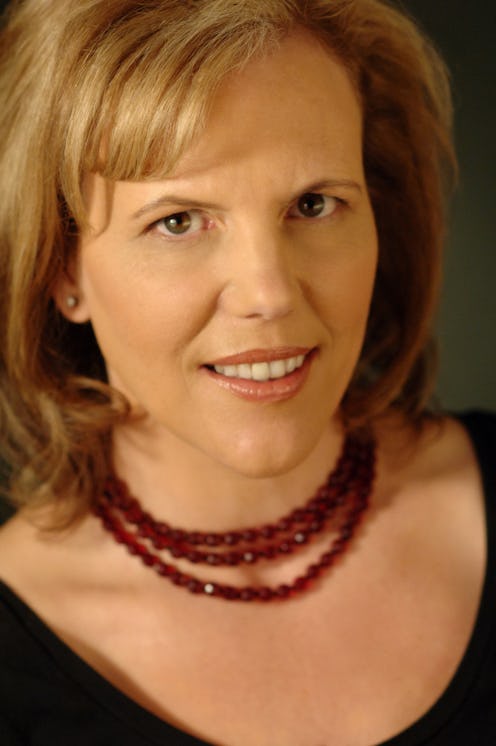Books
Q&A: Writers Writing on Writing About Writing

Writers on writing: a topic so prolific, it has its own New York Times series. The meta-genre comprises reflections and wisdom from novelists, poets, short story authors, memoirists, and journalists who wax retrospective on what they do and why they do it. Often writers approach the topic from an existential standpoint — like Didion's famous declaration, "We tell ourselves stories in order to live" — or a practical one, describing their routine and how they carve out their narratives.
Theo Pauline Nestor's latest book, Writing is My Drink (Simon and Schuster), is an example of a work that addresses both the meaning and the means of writing: why and how Nestor calls herself a writer. She describes her struggles to finish her master's thesis, her struggle to both please others and simultaneously express herself, her struggle to write about struggles. Like Anne Lamott and Dani Shapiro, Nestor both appeals to her reader — relating through her obstacles — and advises her reader with wisdom and experience.
Call it a meta-meta-genre: writers writing on writing about writing. We heard from Nestor on her work, her reflective process, and her style.
BUSTLE: What are you most proud of in your career so far?
THEO PAULINE NESTOR: I feel proud when people tell me that something I wrote helped them or when they say they’ve seen themselves in my experience. Since I was in my tween years, I’ve found solace and companionship in books. One of my favorite quotes about what books can offer this way comes from author James Baldwin: “You think your pain and your heartbreak are unprecedented in the history of the world, but then you read. It was books that taught me that the things that tormented me most were the very things that connected me with all the people who were alive, or who had ever been alive.” I love the idea that something I’ve written allowed a reader to feel less alone and more connected.
What's a piece of advice that you give a lot, but have trouble following yourself?
One of the constant messages of my teaching is to accept your own work style. I tell my students this because I need to remember it myself. In my 20s, I clamped onto the idea that a “real writer” was a Hemingway figure who out and wrote everyday no matter what. My own work style, though, has always been quite erratic. Sometimes I write a lot. Sometimes nothing at all. Sometimes, just a little. I often have to remind myself that this is okay and that if I don’t freak out about the fact that I’m not writing everyday (and then get paralyzed by the freak out and not write at all) and I just keep at it the best I can, the work will get done.
How have you grown or changed as a writer since you first started in your 20s?
In my 20s, I never finished any piece of writing except for those assigned to me by others. Now I finish almost all the writing projects I begin.
What is the last time something happened to you and you thought, "I must write about this"?
On the last day of my writing class, the students submit anonymous questions on slips of paper and I answer them. Most of the questions are about how to get an agent and how do you know when a piece of writing is ready to submit. Then, I unfolded one slip of paper and the question on it was simply “Am I good?” I was so struck by the profundity and universality of that question that I thought I must write about it. You can read the post “The Question Every New Writer Wants Answered” here.
Do you think Joan Didion was right when she said we tell stories "in order to live"? Why do you tell stories?
I tell stories to make chaos out of order and order out of chaos. When things seem too in place, I think “What’s really going on in this workplace or this family?” When life is a mess, I want to sort through it on the page and try to give meaning to despair.
Tell me about a time when you gave up on a piece or project of writing.
I gave up on my first memoir Light Sleeper: The Making of an Unlikely Mother after about 20 different publishers turned it down. I realized that the book wasn’t strong enough to find a publisher and I wasn’t any longer willing or able to do the work to make it publishable.
What was the most rewarding part of writing this book?
The most rewarding part of writing this book was bringing to life people important to me who’ve passed away. I especially found it rewarding to write the chapter “A Couple of Irishmen Walk into a Bar” about my Irish stepfather and Frank McCourt. In writing that chapter, I feel like I got the chance to honor and the gifts they gave me.